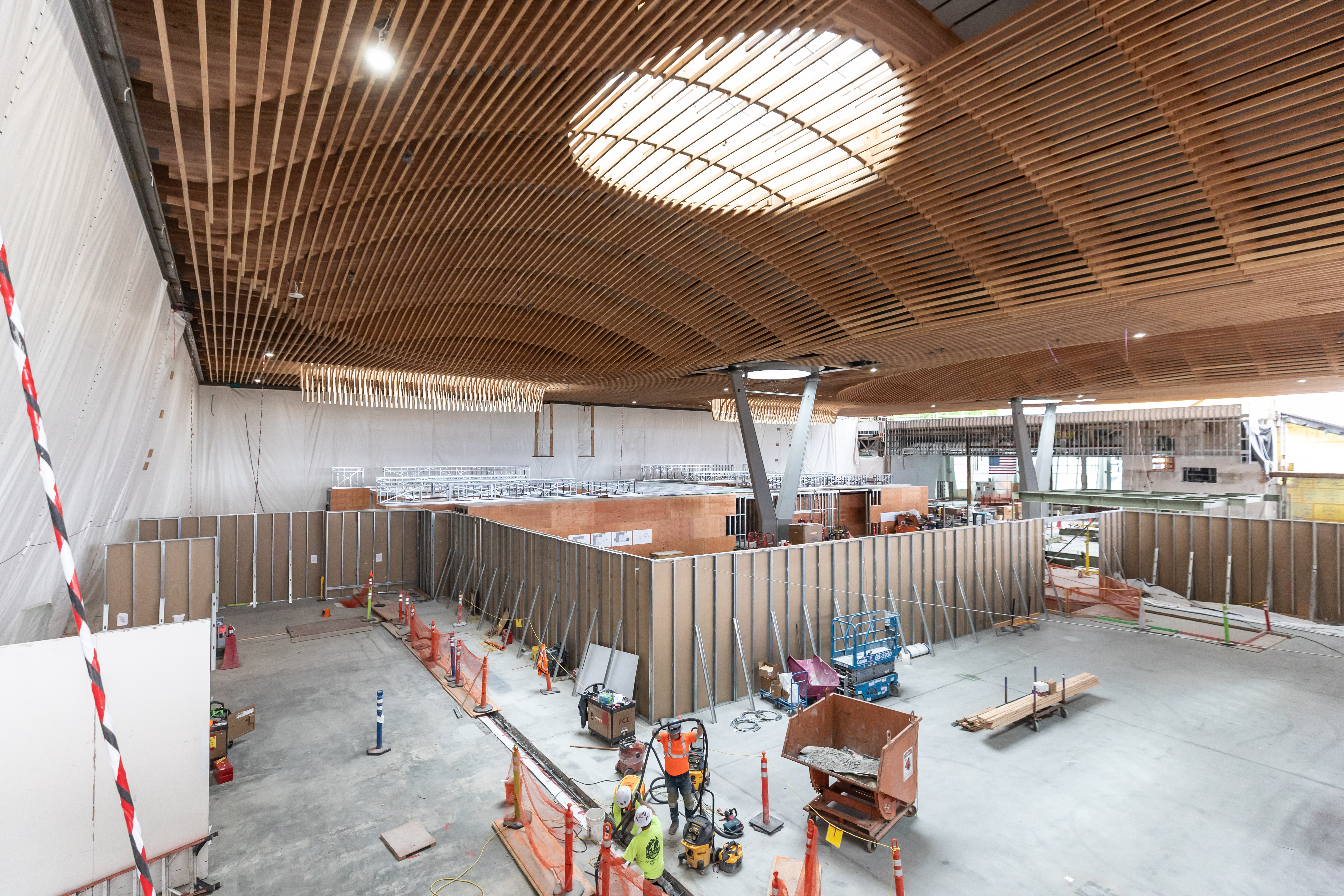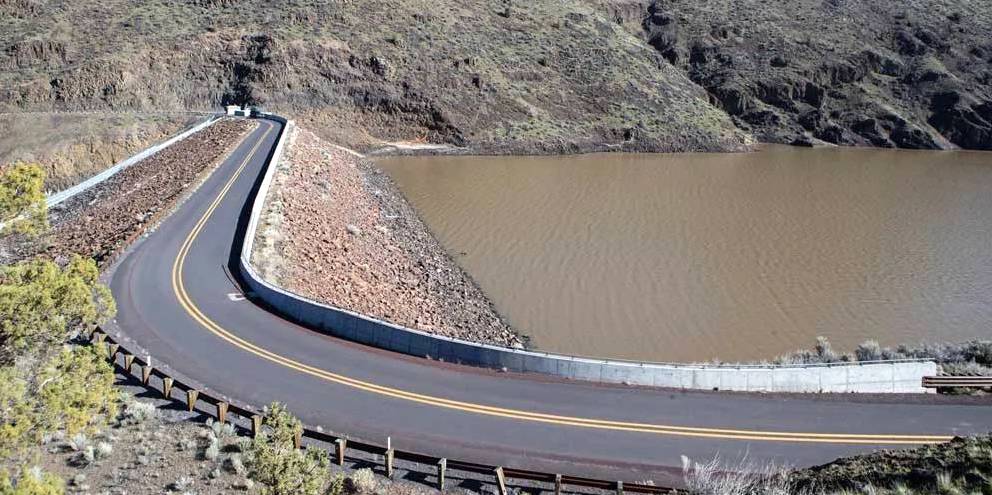Editorial: Oregon doesn’t need a Eugene tax
Published 12:00 am Friday, February 12, 2016
The mayor of Eugene wants it. Lane County legislators are pushing for it. Fortunately for Oregon, wiser heads still might prevail.
Lane County’s lawmakers suspected they faced problems persuading the 2016 Legislature to double the state’s share of the transient room tax. The increase would, at least initially, help to finance the 2021 world track and field championships in Eugene. Now those problems are becoming clear.
House Bill 4146 would double the state’s portion of the transient room tax, to 2 percent, a move that would raise its share of room tax revenues to about $35 million annually. From that, the Eugene track group hopes to get $25 million over five years, money that would become a large chunk of the local subsidy needed to bring the world games to Oregon.
But several Portland-area agencies — the city of Portland, Travel Portland and the regional government, Metro — don’t like the plan. They worry the higher room tax will make it harder to draw tourists to Portland. They worry they won’t be able to raise local room taxes as easily if the state’s tax is so high. They’re worried about tax revenues they need to build a fancy new hotel near the Portland Convention Center. They’ve put up alternate proposals, one a four-year tax of 1.5 percent, and one a permanent 1.5 percent tax.
Even those changes, if they’re accepted, may not get the job done, however. Because tax measures take a three-fifths majority vote in the Legislature, any of the tax bills faces an uncertain future if the state’s two biggest communities, Portland and Eugene, are not solidly on board.
In the end, the proposed compromises don’t improve the original bad idea. State room tax revenues should not be spent to provide financial underpinning to what almost certainly is a money-losing proposition with marginal statewide benefit. If lawmakers want to take on the subsidy task, they should do so honestly, vote to give Track Town USA, the games’ sponsors, its $25 million, then be prepared to deal with similar requests to finance harebrained ideas across the state.
Editor’s note: This editorial has been corrected to reflect who supports the increased tax.






